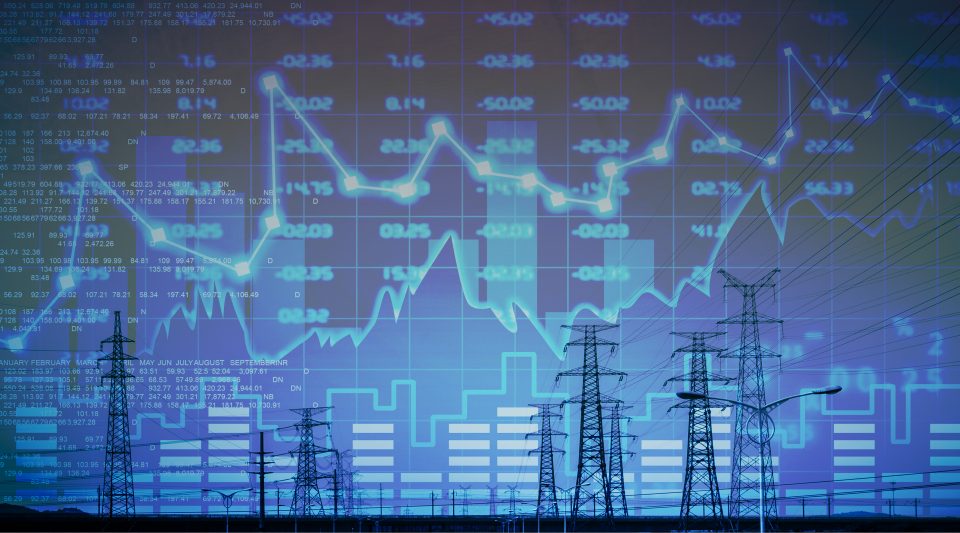
Re-globalization and Energy Security: Crafting a New Strategic Path for Emerging Economies
By Araka Okolieaboh
As the world pivots toward a new era of re-globalization, emerging economies must fundamentally rethink their strategic alliances and economic models. In an age dominated by surveillance capitalism, the digital economy, and intensified geopolitical rivalries, energy security has re-emerged as the ultimate driver of sustainable growth. This article explores why countries like Nigeria must deepen ties with the U.S.-led global order — and why strategic intelligence consulting is crucial to ensuring national and corporate resilience.
A New World Order: From Globalization to Re-globalization
The post-Cold War model of globalization is yielding to a multipolar, fragmented landscape shaped by re-globalization — a reconfiguration of global value chains, supply security networks, and knowledge ecosystems. Unlike the earlier era driven largely by trade liberalization, today’s re-globalization is defined by:
Surveillance capitalism, where data — not oil — fuels profits.
Energy hegemony, where access to affordable, secure energy underpins economic competitiveness.
Knowledge-based economies, where strategic knowledge creation and consulting drive national and corporate success.
The European Economic Congress 2025, alongside President Trump’s Davos 2025 address, signals the emergence of a reshaped global architecture reminiscent of the post-World War II landscape — akin to the outcomes of the Yalta Conference and the Marshall Plan. However, today’s battlegrounds are digital, energy-centered, and knowledge-driven.
The Strategic Role of Energy Security
Energy remains the lifeblood of production, prosperity, and power. Historical examples — from Germany’s industrial supremacy to China’s manufacturing ascendance — underscore that access to cheap, reliable energy has always been foundational.
In today’s world order:
The United States functions as the Global Energy Securityman, influencing critical energy corridors including the Nordstream routes, the Gulf of Persia, and Africa’s Trans-Saharan and Nigeria-Morocco gas pipelines.
Europe’s survival hinges on energy security, particularly as Russia weaponizes energy supplies.
Poland’s ascent as a regional power is fueled by its diversified energy mix (70% coal) and a services-led economy now contributing 60% of its GDP.
For emerging economies like Nigeria, the lesson is clear: energy security is national security. Aligning with the U.S.-led order offers a strategic pathway to modernization, stability, and global relevance.
Strategic Consulting and Intelligence: The Next Frontier
Strategic consulting has moved from a luxury to a necessity.
In this re-globalized era, governments and businesses must embed geopolitical risk analysis into:
Business growth strategies
Trade negotiations
Investment decisions
National policy formulation
Novorat Global Services’ early collaborations with U.S. security companies and its ongoing research initiatives demonstrate a critical need: emerging economies must develop dedicated think tanks capable of mapping geopolitical shifts, crafting resilient strategies, and generating actionable intelligence.
In particular, strategic intelligence consulting focused on energy security, digital transformation, and geopolitical risk will be the differentiator between winners and laggards in the new economic order.
Nigeria’s Opportunity: A Call to Action
For Nigeria, the moment to act is now.
Strengthening alliances within the U.S.-led global order could unlock:
Access to strategic energy projects such as the Nigeria-Morocco Gas Pipeline
Opportunities for infrastructure modernization through U.S.-Africa strategic initiatives
Platforms to position Nigerian talent within the global knowledge economy
Moreover, Nigerian policymakers must take cues from models like Poland’s — investing heavily in service industries, knowledge transfer, and energy infrastructure while safeguarding national interests through strategic foresight and dynamic policy design.
Conclusion: Redefining Stakeholder Capitalism
The world is undergoing a profound shift in how value is created, communicated, and captured. In this new era, energy security, data sovereignty, and knowledge ecosystems will define national power and corporate dominance.
Strategic consulting firms, government think tanks, and policy innovators must collaborate to ensure that emerging economies are not mere spectators but active architects of the new global order.
The future belongs to those who marry strategic intelligence with national ambition.
Nigeria — and other emerging economies — must act with foresight and urgency.
The world has reset. It is time to reset our strategies.
Araka Okolieaboh is a scholar at WSB University, Poland, specializing in strategic risk intelligence, global political economy, and energy security research.
